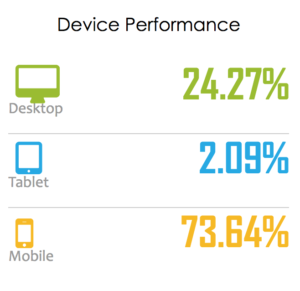Paid Search Marketing
You have probably heard that paid search marketing (PSM) is one of the most effective ways to use the internet to help your business stand out from the competition. Unless you are in internet marketing, you may not understand what paid search marketing means or how and why to incorporate it into your internet marketing strategy.
Paid search marketing is part of a search engine marketing (SEM) campaign. Search engine marketing is a fancy way of saying that you design your marketing so that search engines, like Google, will notice your page and include it in results for the search. At its most basic level, search engine marketing means that your internet presence, whether on a web page or on social media, needs to state what your business does and your location, so that if someone is searching for businesses like yours in your geographic area, your business will be in the results.
 However, as anyone who has ever been on the internet knows, there are thousands of results for every internet search. That is where search engine optimization (SEO) content comes into your marketing strategy. Various search engines use complicated and ever-changing algorithms to try to assess who relevant your business’s website is to the search terms being entered. The more relevant the result, the higher you are in the search rankings, and the more likely it is that a potential customer will encounter your website. You can use specific terms and writing strategies to help increase your relevance, and this strategy is broadly referred to as SEO.
However, as anyone who has ever been on the internet knows, there are thousands of results for every internet search. That is where search engine optimization (SEO) content comes into your marketing strategy. Various search engines use complicated and ever-changing algorithms to try to assess who relevant your business’s website is to the search terms being entered. The more relevant the result, the higher you are in the search rankings, and the more likely it is that a potential customer will encounter your website. You can use specific terms and writing strategies to help increase your relevance, and this strategy is broadly referred to as SEO.
PSM is also used in pay-per-click campaigns. Pay-per-click (PPC) or cost-per-click (CPC) campaigns involve advertisements on websites, and when the visitor to that website clicks on the site, then the advertiser pays the publisher a cost for the click. PPC campaigns can be very useful, because the publishing website is generally going to be one that suggests that the viewer has a need for the goods or services offered by the advertiser. PPC campaigns require two things to be successful; advertisements that catch interest and then web pages that deliver the content that potential customers need to make the transition from potential customers to customers. As a result, PSM must be flexible and responsive to changes in customer bases and internet marketing trends.


